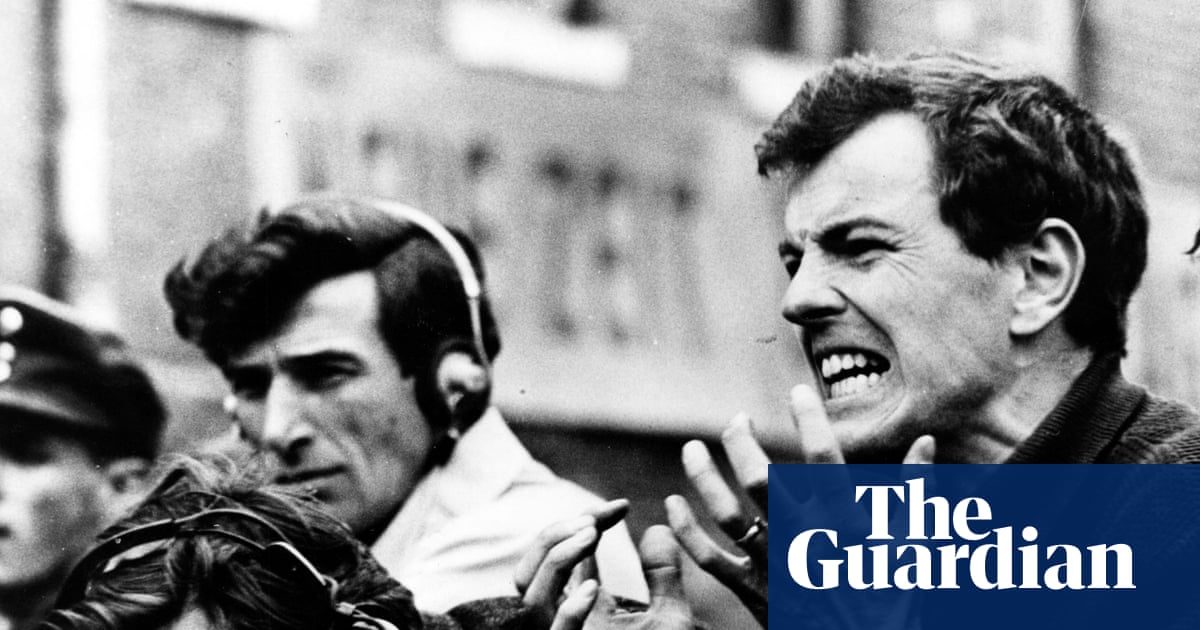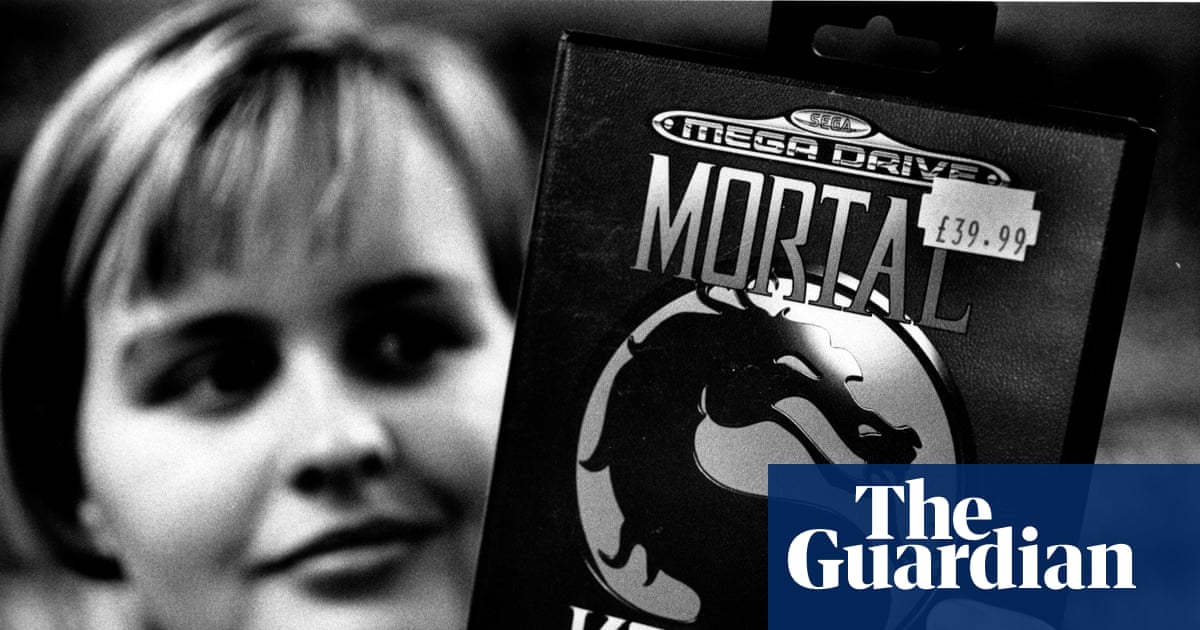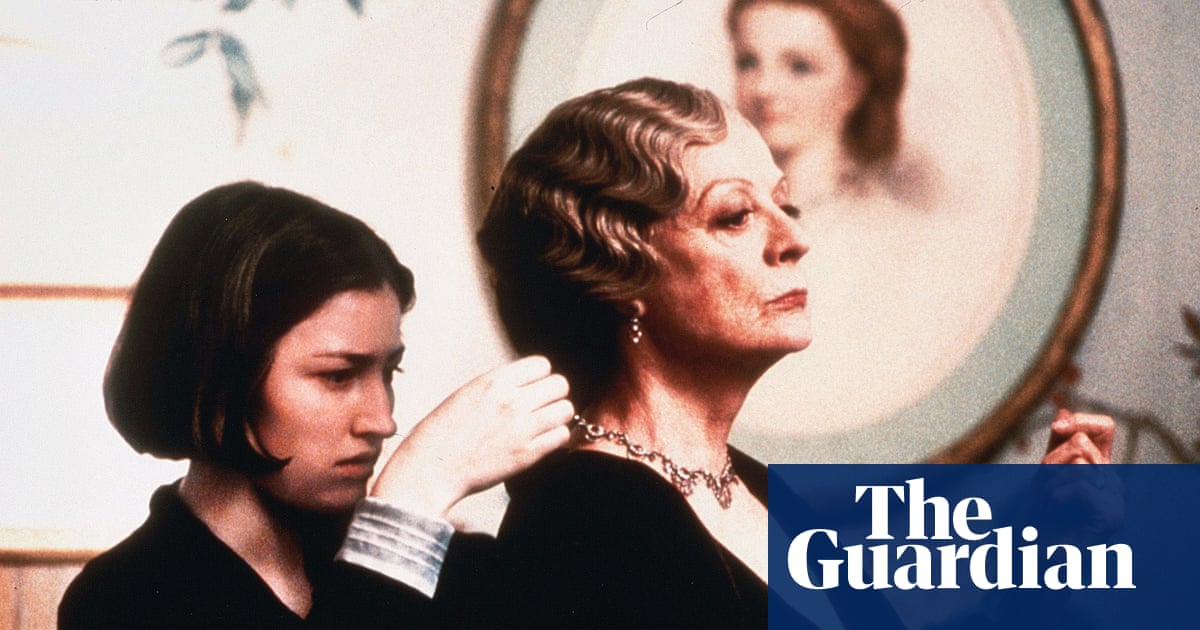A bloke in a service station once said something really horrible to me. But he swiftly followed it up with one of the most sincere apologies I’ve ever been on the end of. This was at Hopwood Park services on the M42, years ago. I’d just pulled up at the pump. Clocking me, he knocked on the passenger window, and when I opened it he stuck his head in and said something vile. It could have been classed as banter, I suppose, but it was still vile. My two young children were in the back, all wide-eyed in bafflement. Upset more than angry, I got out, filled up and went to pay, only to find him waiting by the car when I returned. He put his hand on my shoulder and said, “I’m sorry mate. I didn’t know you had your kids in the car. I apologise for that.” There was something about the last four words which made the difference, somehow adding just the right amount of emphasis.
I wasn’t particularly pleased to have such a memory stirred this week when I read about a research paper, published by the British Psychological Society, on how the length of the words you use when you make an apology are important in conveying your sincerity. Apologies always fascinate me because, as far as I can see, without contrition on one side and forgiveness on the other, we’re all doomed.
At middle school I had a science teacher who talked about the concept of decay. He said if leaves didn’t decay, we’d be up to our armpits in them. I feel the same about apologies – if they’re not made and accepted, we’ll all be up to our armpits in bad stuff. Accordingly, I’m one of those people whose anger and disappointment about something somebody has said or done will usually disappear the moment somebody says sorry. I don’t know whether this makes me a nice person, or rather shallow. Conversely, if I’m the one doing the apologising, and the apology isn’t accepted, I get very angry and disappointed indeed, which isn’t really cricket either.
The study, which looked at written rather than verbal sorries, concludes that people who use longer words in their apologies are more likely to communicate sincerity. So, saying you’re “genuinely” sorry is better than “really” sorry. Apparently the “greater production effort” involved in delivering those two extra syllables does make a slight difference. By this measure, the French are way ahead of us. They really do put their backs into their apologies. When the French for a simple “I am sorry” is something as dramatic and rather beautiful as “Je suis désolé”, you wonder where they go from there. What do you say if you feel more than merely desolate about whatever you’re saying sorry for? A friend of mine in Paris says he’d go for “Je vous prie d’accepter mes excuses les plus sincères”, meaning, “I beg you to accept my most sincere apologies”. Now that’s what I call a production effort. OK, whatever, chill out, je vous pardonne, no problem.
Be it in person or on the page, for me less is more. Just “sorry” will do. “I am sorry”, if you must. And OK, if you’ve really done me over you can throw in a very, a genuinely, or even an abjectly. But any more than that and I’ll start to suspect you have wronged me more badly than I realised.
I should say that, as with most academic papers, much of the language in which this one is written is quite beyond me. For example, something called iconicity keeps coming up. There are 290,000 words defined in my Chambers dictionary, and iconicity isn’t one of them. But I pressed on regardless and hope I’ve got the gist of it over correctly. If I haven’t, perhaps Shiri Lev-Ari, cognitive psychologist at Royal Holloway, University of London, could get in touch so I can apologise to her at whatever length she desires.

.png) 1 month ago
36
1 month ago
36

















































